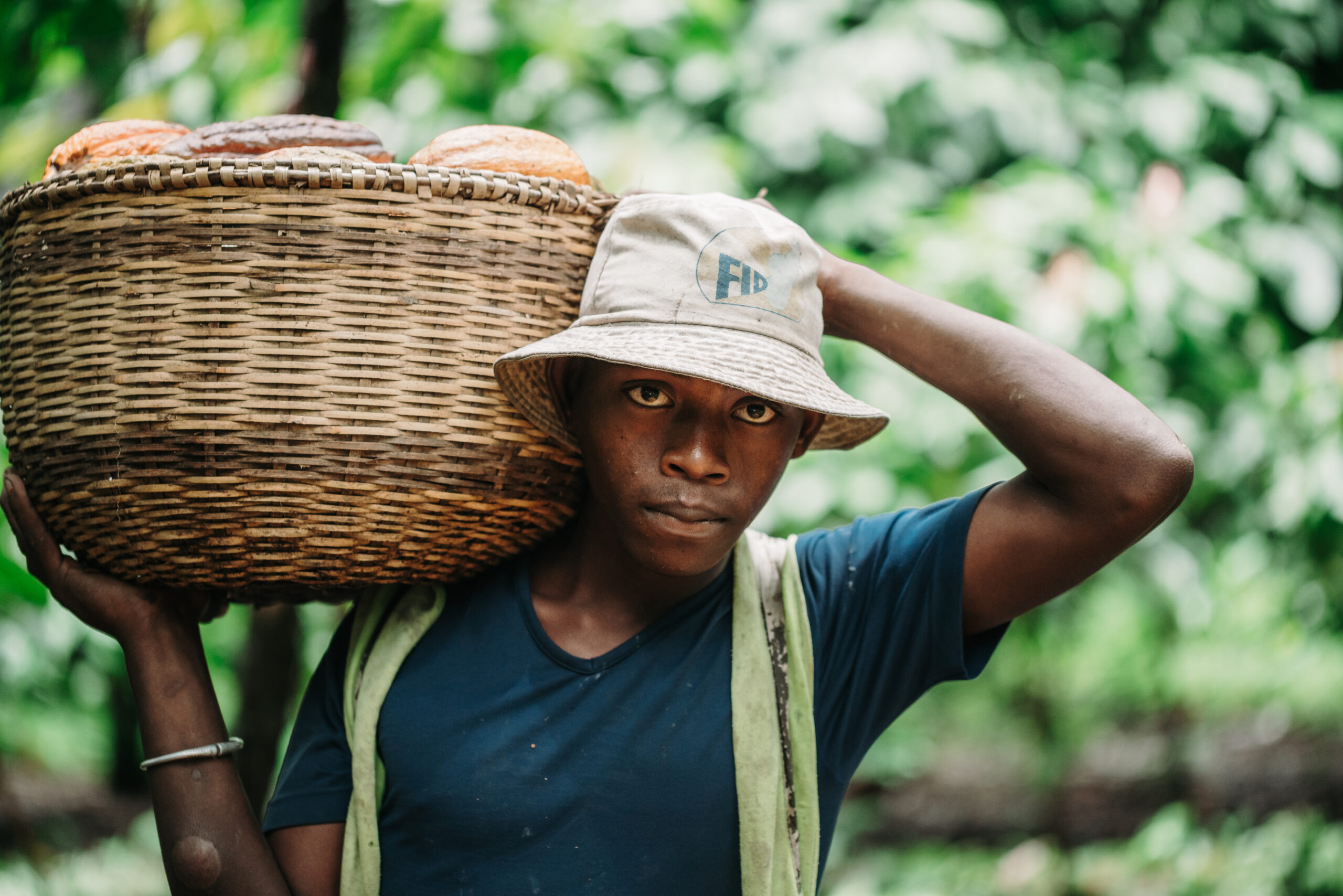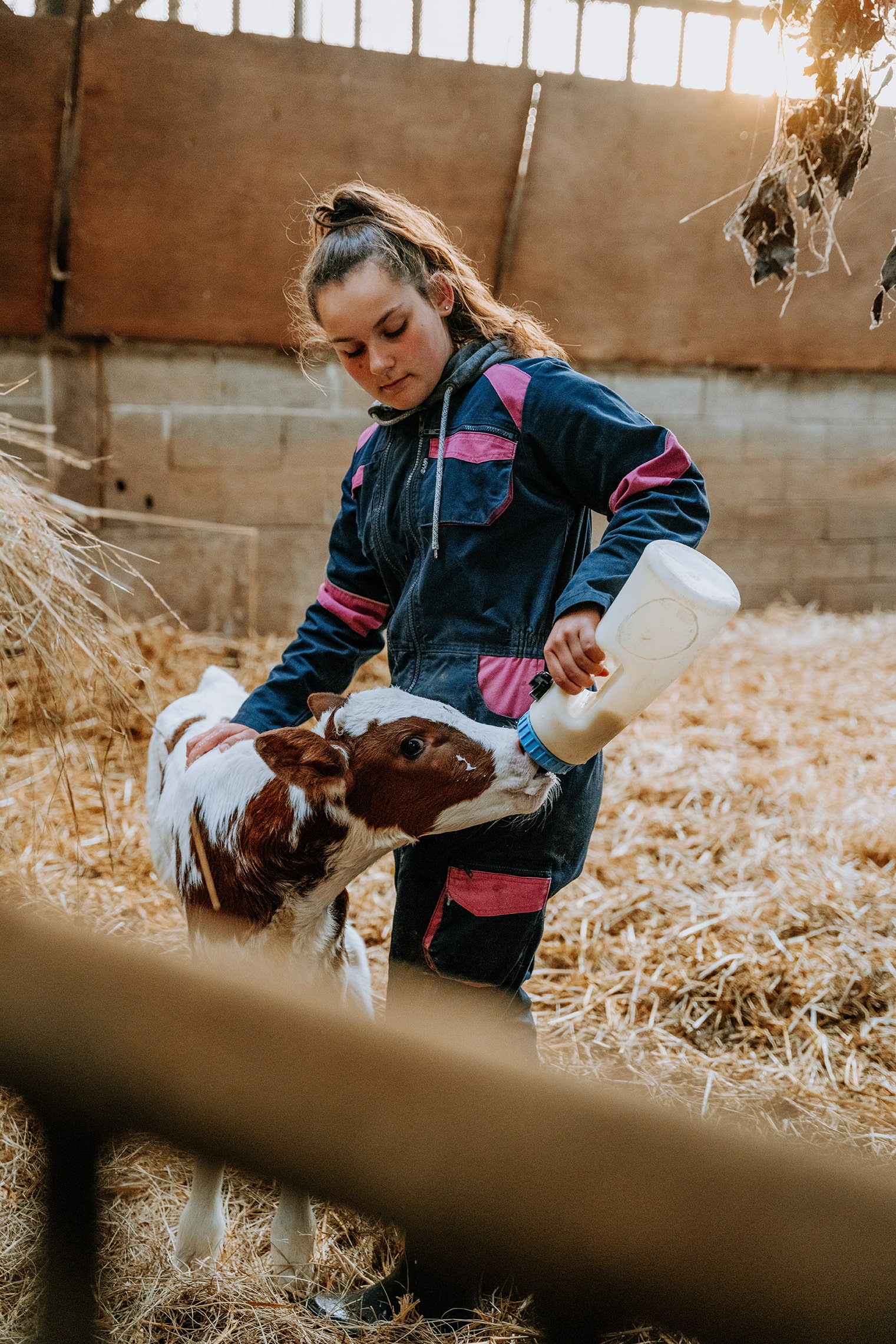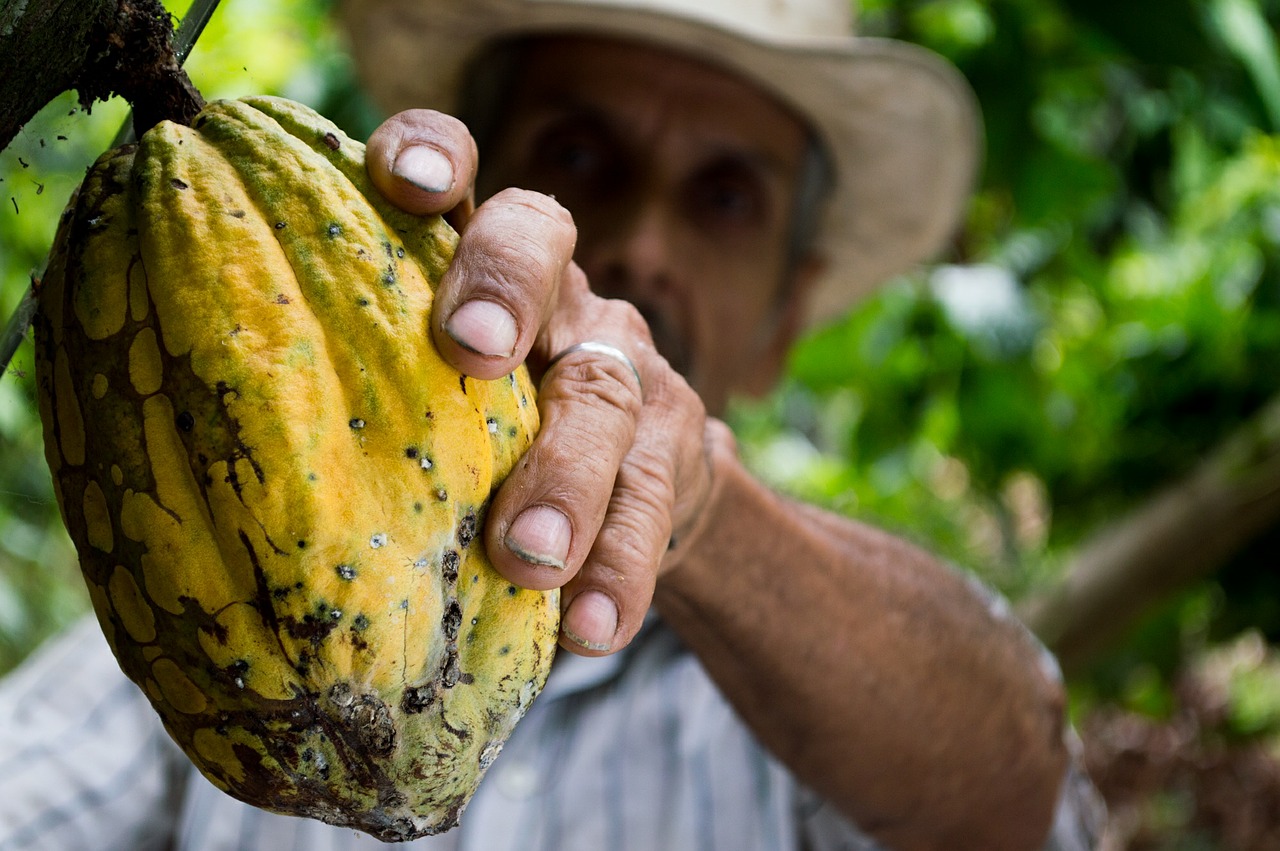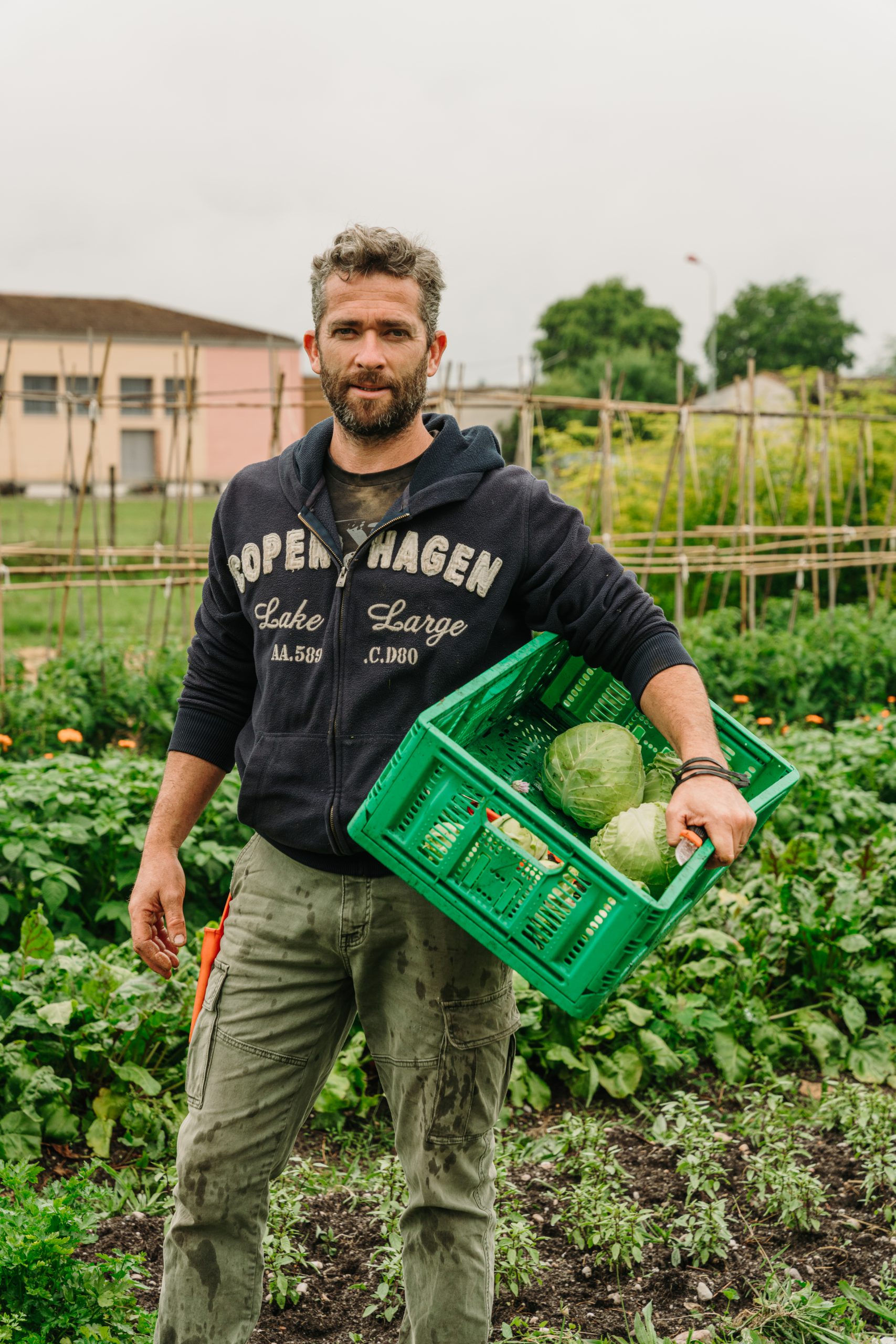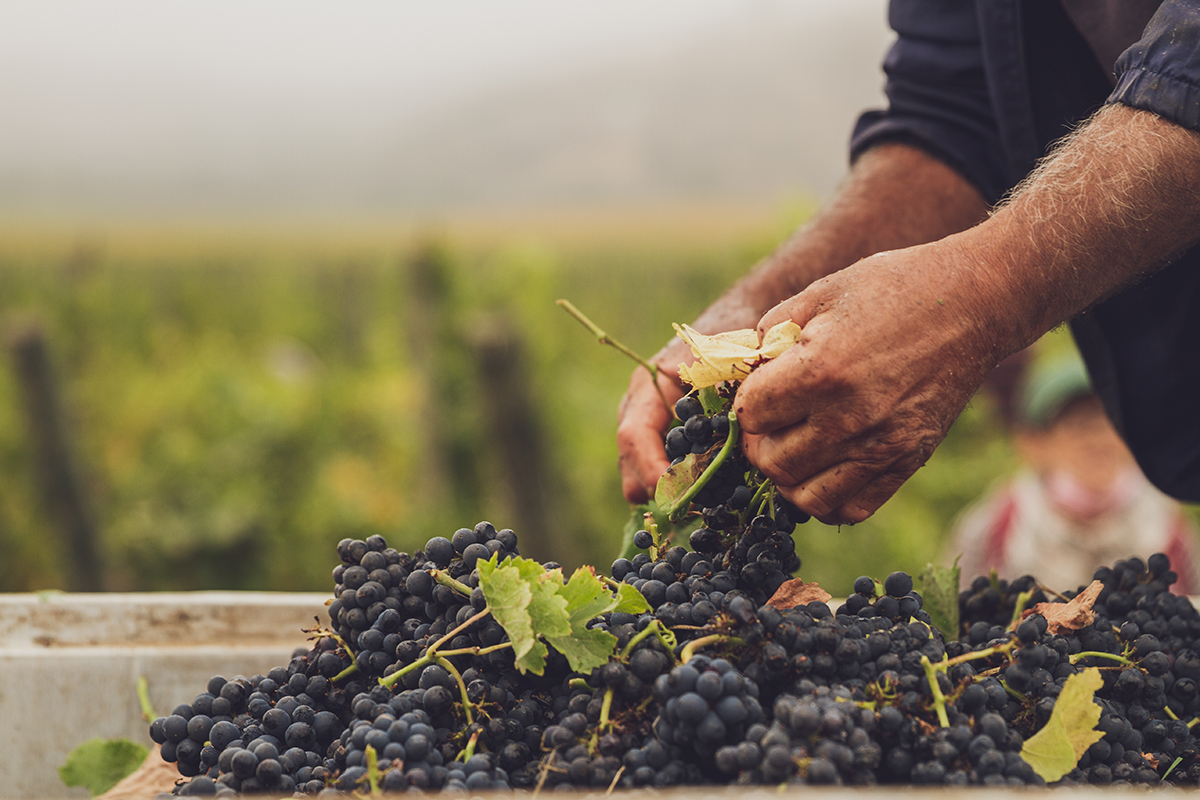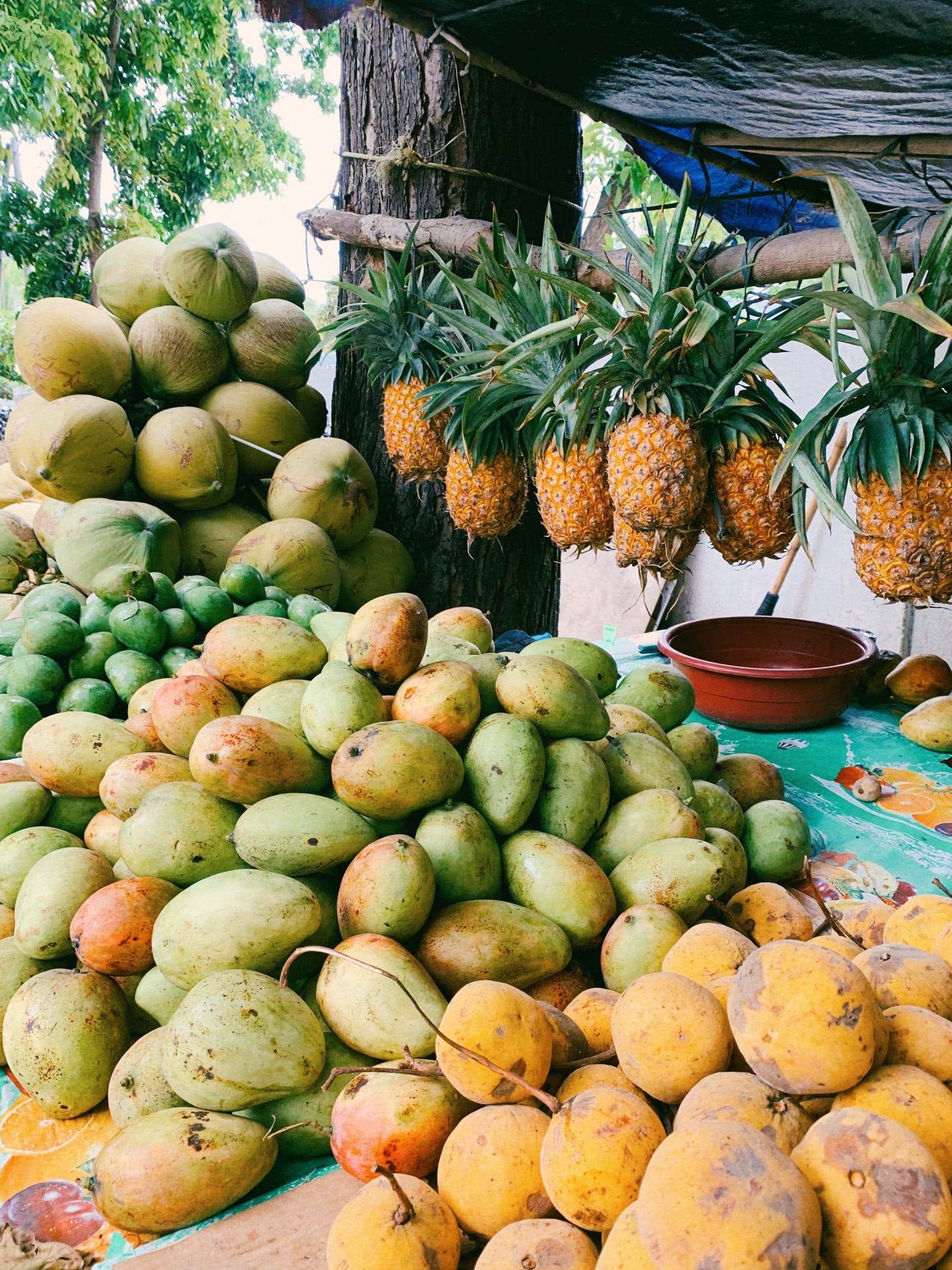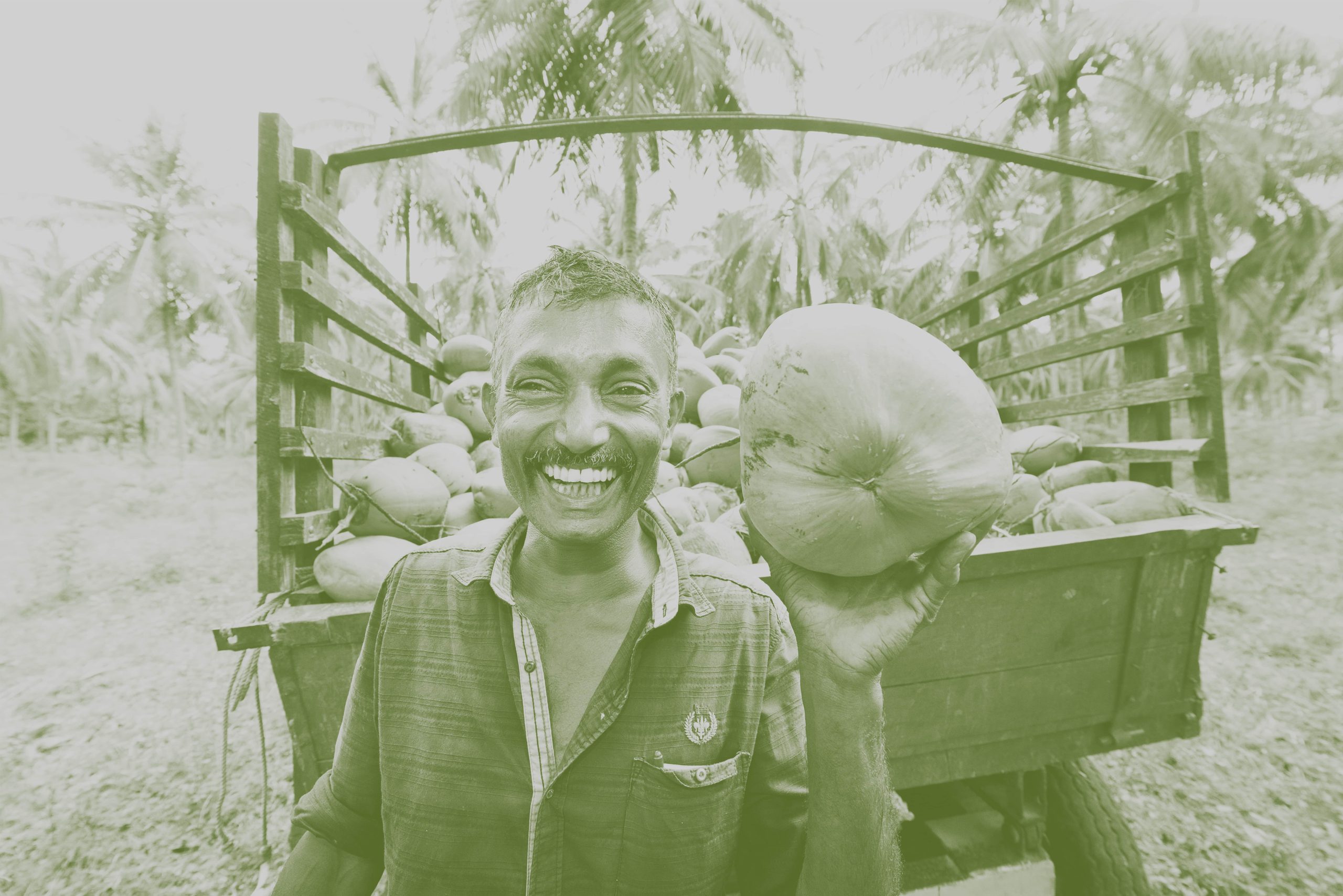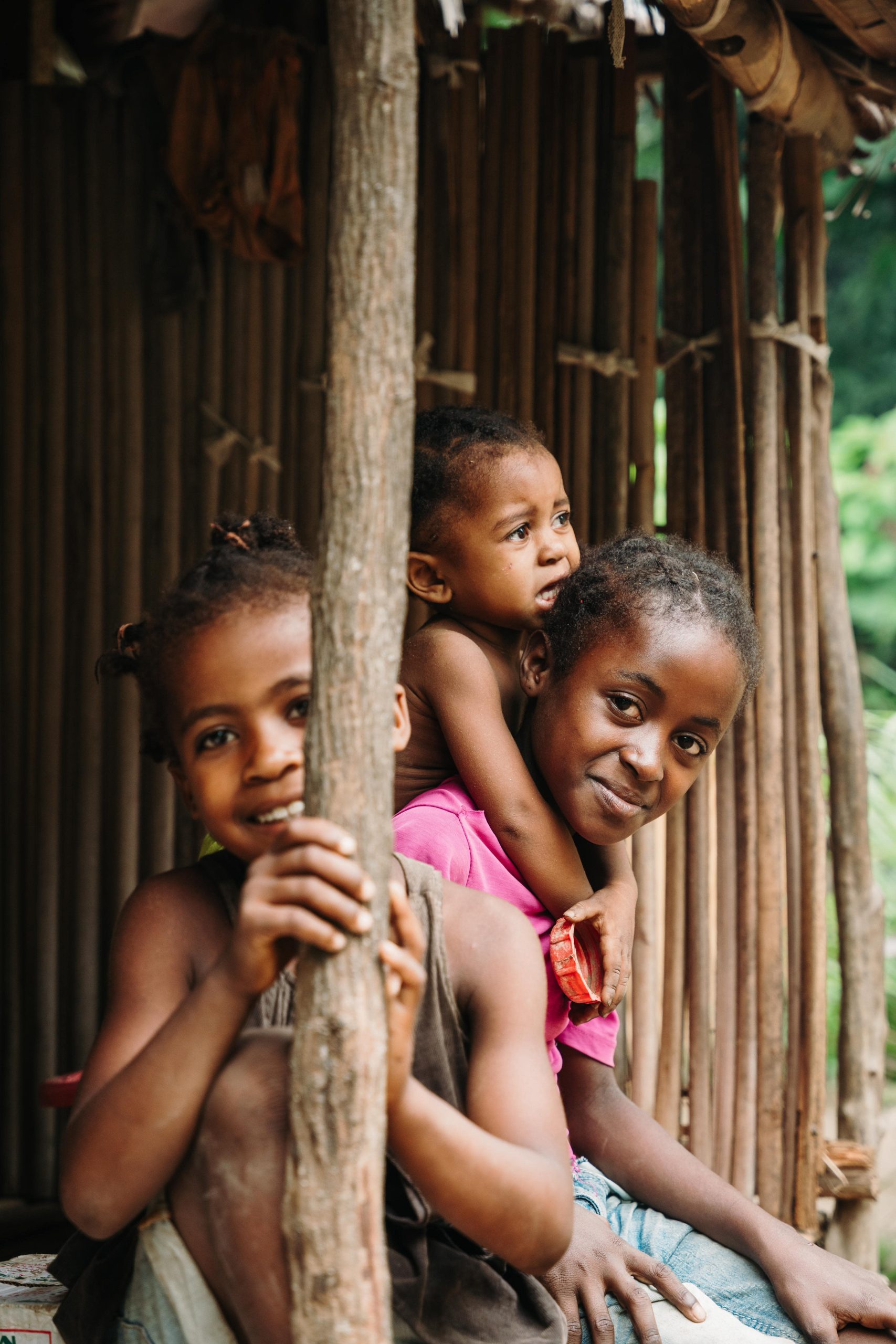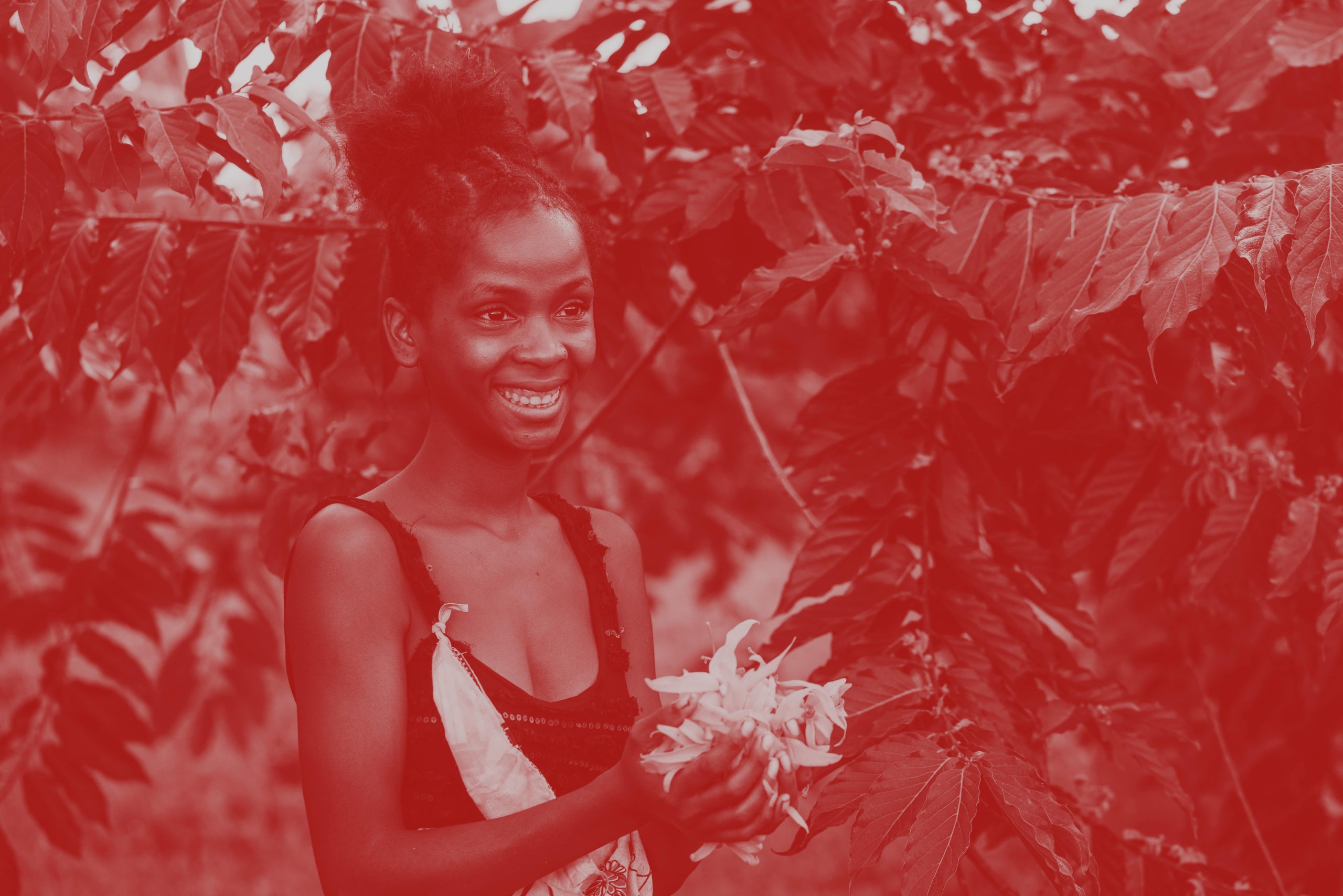Join a Programme
Two certification programmes for a fairer ans sustainable word :
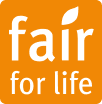
To make fair trade a reality in my supply chain.

To certify to my organisation’s good social and environmental practices.
Am I eligible for the certification?
Certification open to all committed actors
The Fair for Life and For Life programmes are aimed at all companies and organizations involved in the production, processing, or trade of natural products – whether from agriculture, wild collection, aquaculture, livestock farming or beekeeping – as well as handicrafts.
The Fair for Life programme certifies finished products in a variety of sectors: food, cosmetics, textiles, handicrafts… but also in other categories incorporating natural ingredients, such as detergents or home fragrances.
Some examples of certified products: vegetable oils, spices, fruit and vegetables, cotton, wine, milk, honey… A wide variety of products that share a commitment to fairness and respect for people and the planet.
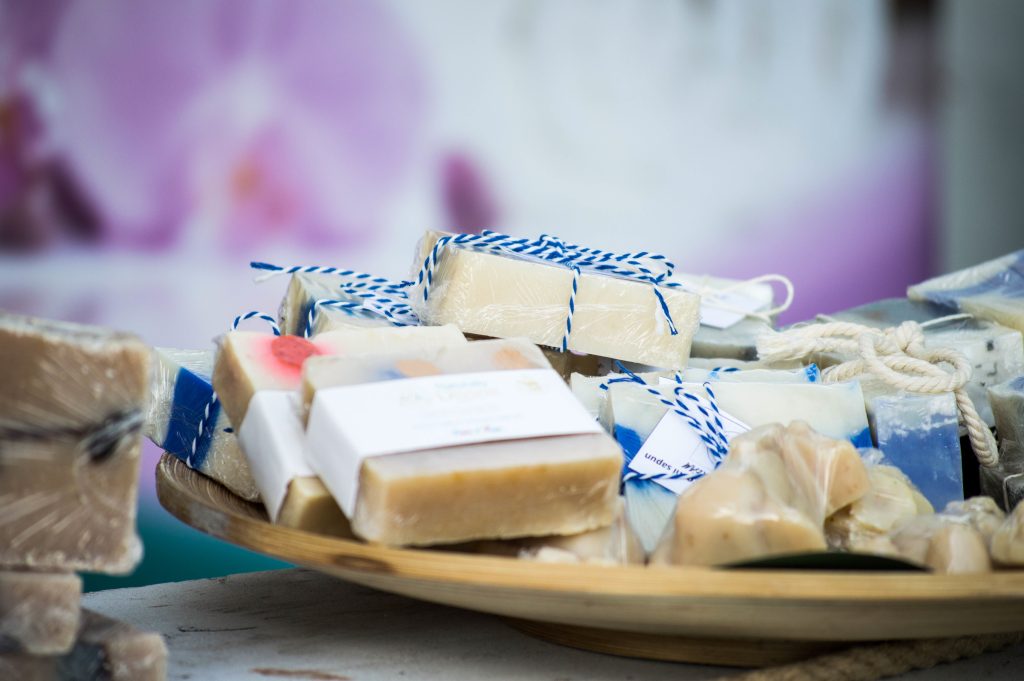
Frequently asked questions :
Is certification open to everyone, everywhere in the world?
Yes, the Fair for Life and For Life programmes are open to a wide variety of organizations, whatever their size or geographical location.
They are not restricted to so-called “developing” countries: any organization, wherever it may be, can take part in the process, provided it meets the eligibility criteria and demonstrates a real need for recognition or support.
Small farming structures, cooperatives, family businesses, producer groups or more structured companies… All can be supported according to their specific needs and with an ambition to progress and generate positive impact.
Do I have to be certified organic to obtain the Fair for Life or For Life certification?
No, organic certification is not compulsory to obtain the Fair for Life or For Life certification.
However, the switch to organic farming is strongly encouraged: it guarantees healthier practices for the people working in the fields or factories, safer for consumers, and more respectful of the environment, notably by limiting the use of chemical inputs.
Certification programmes are part of a logic of progress: they guide organisations towards ever more sustainable practices, step by step.
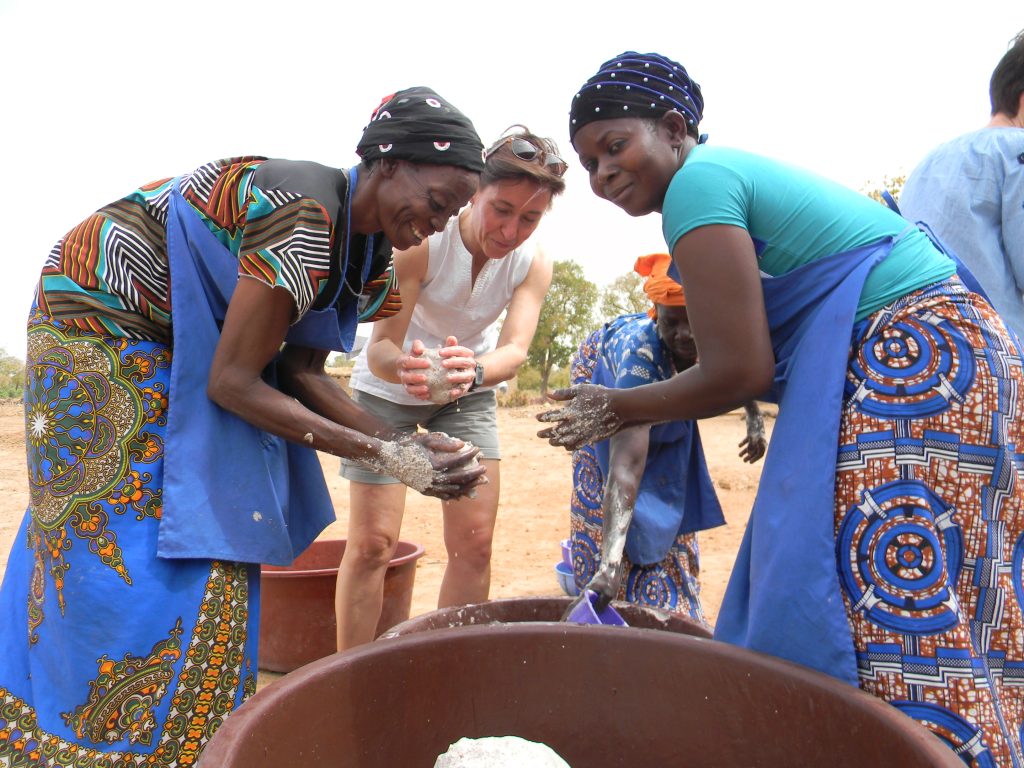
What are the ethical requirements?
To qualify for the certification, companies and their supply chains must demonstrate a clear and concrete commitment to the fundamental values espoused by Fair for Life and For Life: a strong social commitment, strict respect for the environment, and uncompromising ethical integrity.
The certification process is rigorous. It aims to defend responsible practices at all levels, and to protect consumers and business partners alike against any form of abuse: deceptive practices, “fairwashing”, money laundering, or false claims.
The programmes are thus committed to defending a fairer, more transparent and credible economy.
What are the concrete benefits for your company ?
Choosing Fair for Life or For Life means much more than obtaining a certificate: it means affirming your commitments, reinforcing the trust of your customers and partners, and making your responsible practices a real lever for differentiation.
A strategic asset for your business
Certification allows you to :
- Stand out in a market seeking transparency and ethics.
- Secure and enhance the long-term value of your supply chains.
- Gain access to new business opportunities, both at home and abroad.
Give meaning to your commitments
Communicate with pride about your responsible practices and clearly show that :
- Your producers are reliable partners and offer truly fair trade products.
- Your employees work in a dignified environment that respects human rights and puts people first.
- Your organisation is a solid, trustworthy partner for producers and buyers alike.
- Your company actively contributes to improving the living conditions of many small-scale producers and workers.
- Your products offer your customers the assurance of a responsible and sustainable purchase.
A committed brand, reinforced trust
By having your products labelled, you can demonstrate your values and transform your ethical commitments into a differentiating asset, in the service of fairer, more sustainable trade.
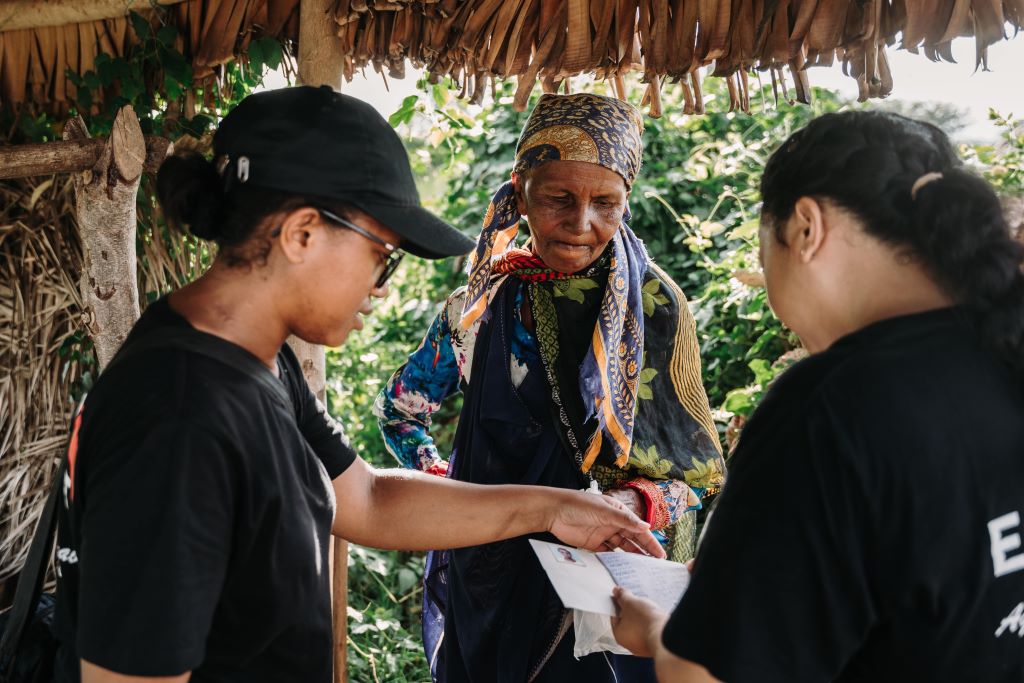
My journey towards certification
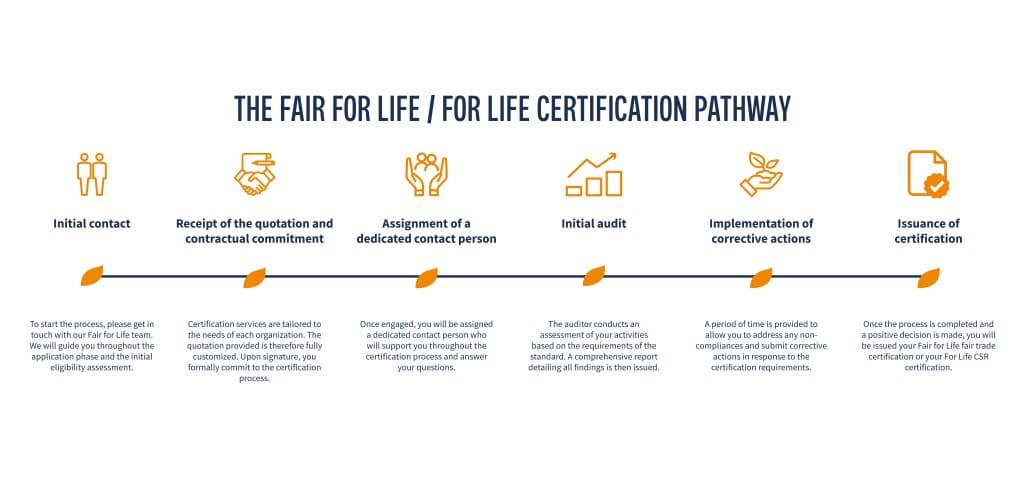
Frequently asked questions :
How much does it cost to get the label ?
The cost of your certification depends on several factors:
- the size and complexity of your operation or supply chain,
- the type(s) of certification requested,
- the location of your operation and producers (including local costs and travel time),
- whether you are already certified organic or hold another certification.
To provide you with an accurate quotation, we require detailed information about your operation. Please complete the relevant application form.
Once we have reviewed your information, we will send you a personalized proposal. You can then confirm your request and approve the quotation by signing the offer and certification contract.
How long does it take to get the label ?
Depending on the maturity of your project, the state of your preparation and your proactivity in resolving deviations from the standards, it takes an average of 6 months from your first application to the issue of your certificate.
For all other inquiries, please contact us !
Whatever your place in the value chain, from the producer, workers to the end consumer, via the brand, the trader and the processor, Fair for Life encourages a commitment to fair and responsible practices.


